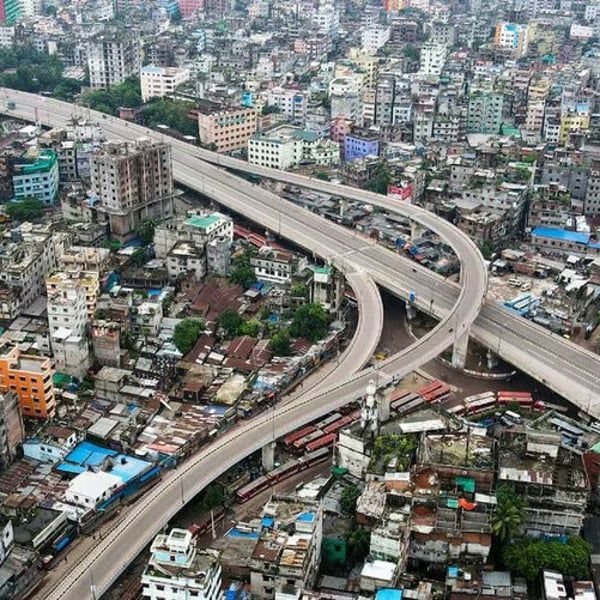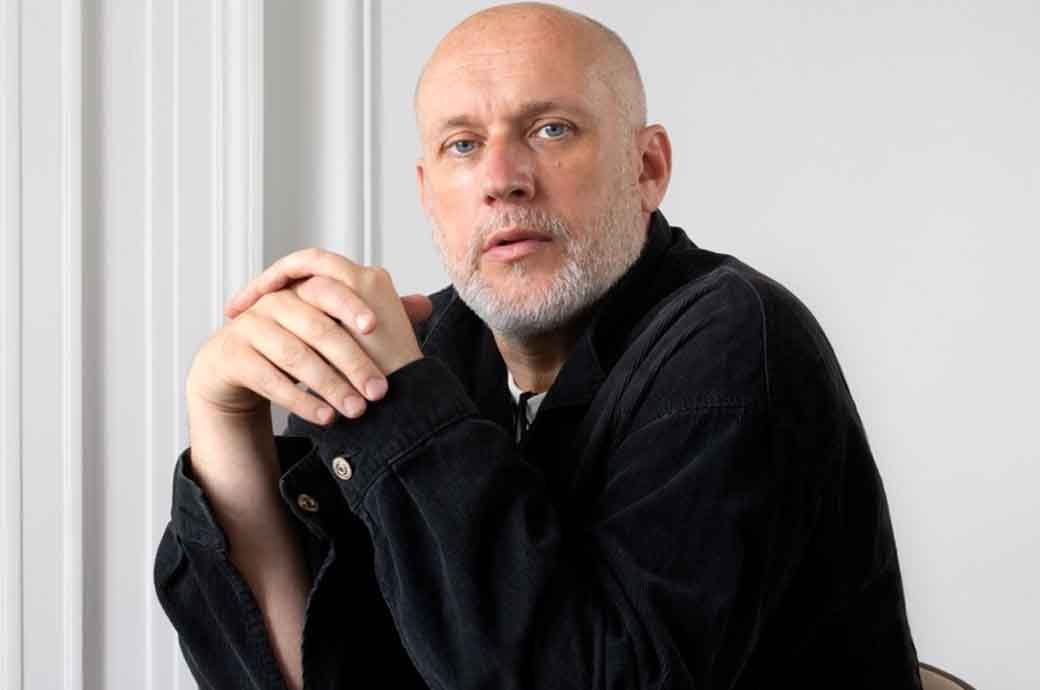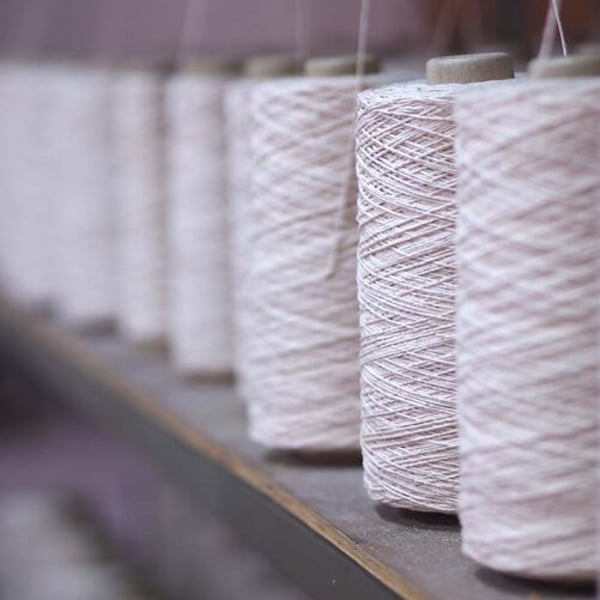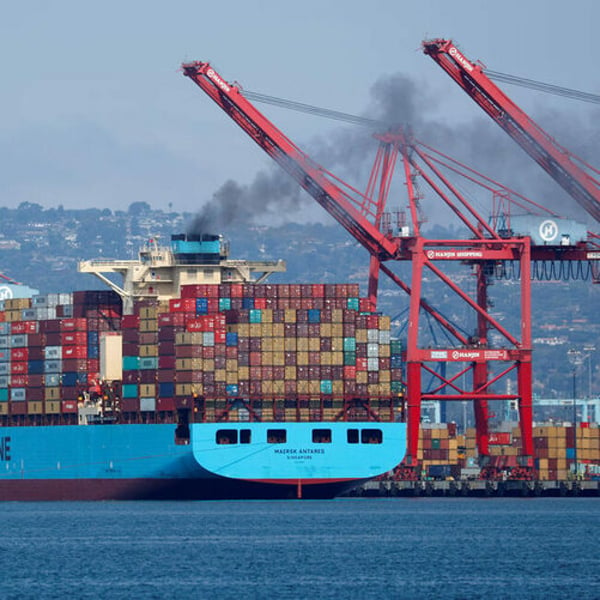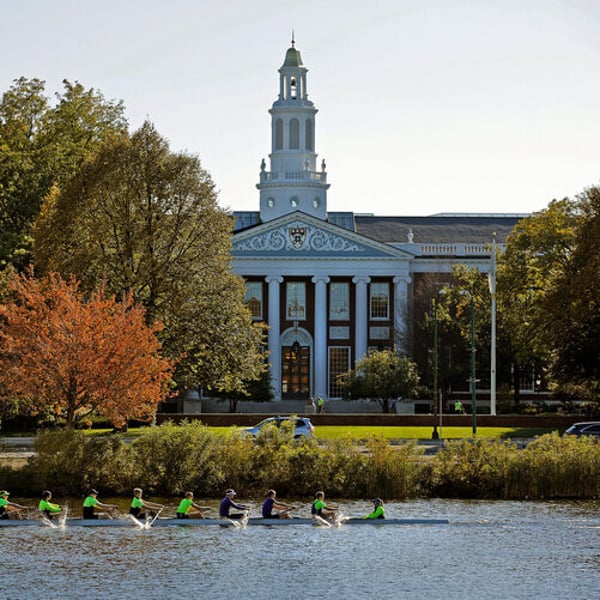Translated by
Cassidy Stephens
Published
January 3, 2024
Bangladesh has deployed its troops across the country fearing violence ahead of general elections scheduled for Sunday, which the main opposition party is boycotting.
Using armored vehicles, soldiers moved to temporary camps set up in the capital Dhaka to help the civil administration maintain peace and security. The Bangladesh Nationalist Party (BNP) demanded that Prime Minister Sheikh Hasina resign to allow elections to be held under a neutral authority, but this was rejected.
Sheikh Hasina has repeatedly accused the BNP of being behind the anti-government protests rocking Dhaka since late October, in which at least 10 people have died. At the end of 2023, there were major protests in the country regarding the renegotiation of minimum wages, especially in the textile sector, the most strategic industry in the country.
Textiles and clothing account for 85 percent of Bangladesh’s exports, and some 3,500 factories generate $55 billion in exports. In 2022, Bangladesh was the second largest clothing supplier to the European Union, exporting goods worth €21.8 billion (+52%) to the Old Continent. It was also the third supplier of clothing to the United States, with 9.1 billion euros (+36%).
Bangladesh, which analyzes its economic performance from May to June, set a new record for textile and clothing exports in 2022-2023, with goods worth €50.98 billion. This represents an increase of 6.7% compared to the same period of the previous year. From January to November 2023, the country increased its clothing exports by 4.4%, according to data published in December.
Tense elections
While Bangladeshi workers still remember the violent repression of their demands, as well as the Prime Minister’s intransigent speech, there are concerns about the smooth conduct of the upcoming elections. For the moment, the army is trying to reassure the population by indicating that the troops deployed will only act at the request of polling station officials.

The navy has been deployed in two coastal districts and the air force will provide helicopter assistance to polling stations in remote mountainous areas. People fear that the violence that has swept Bangladesh over the past two months could return after the elections.
“I don’t care which party is in power. I just want some peace so I can earn a living and feed my family,” said Abdul Hamid, 48, a rickshaw driver in Dhaka. “I don’t think there will be peace after the elections. If there is political unrest, it will be difficult for us to survive. This is no way to govern a country. We no longer know where we are.”
Sheikh Hasina, daughter of the country’s first president, came to power in 2009. Her government has been accused of authoritarianism, human rights violations and corruption.
Her main rival and two-time prime minister, BNP leader Khaleda Zia, is under house arrest. She is accused of corruption, accusations that her party claims are fabricated. Her son Tarique Rahman, current president of the BNP, is in exile after being the subject of several accusations that he denies.
Western countries are pressuring Sheikh Hasina’s government to hold free and fair elections. Christina Hajagos-Clausen, head of the textile industry at the international union federation IndustriAll, recently told FashionNetwork.com that she was concerned about the growing difficulties facing union activities in the country. These difficulties go against the image of progress that the country wants to project ten years after the Rana Plaza tragedy.
With Reuters
Copyright © 2024 FashionNetwork.com All rights reserved.

